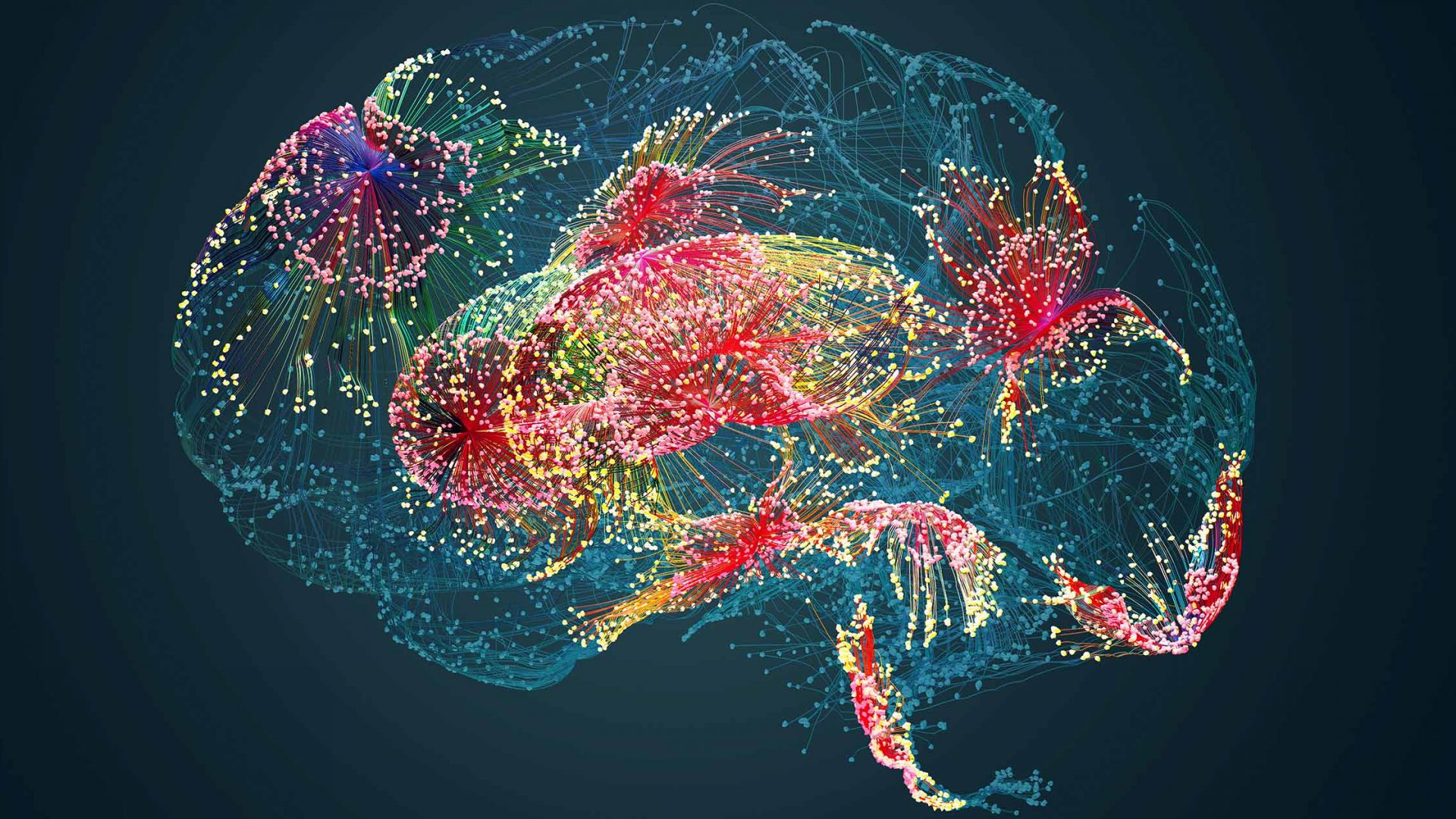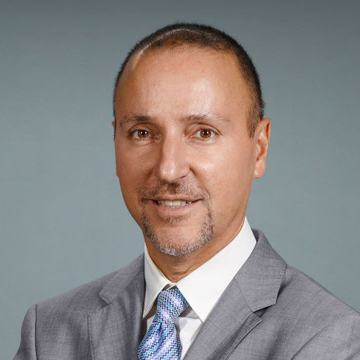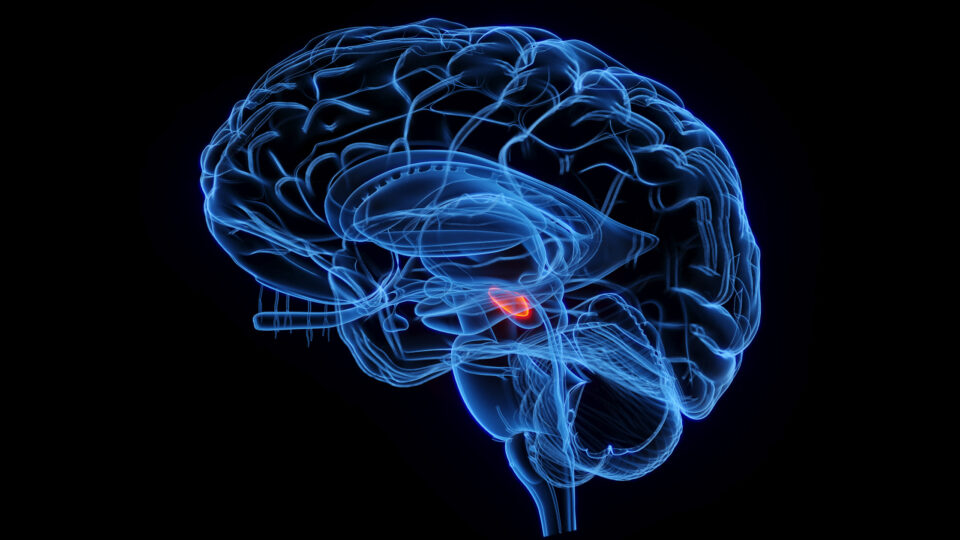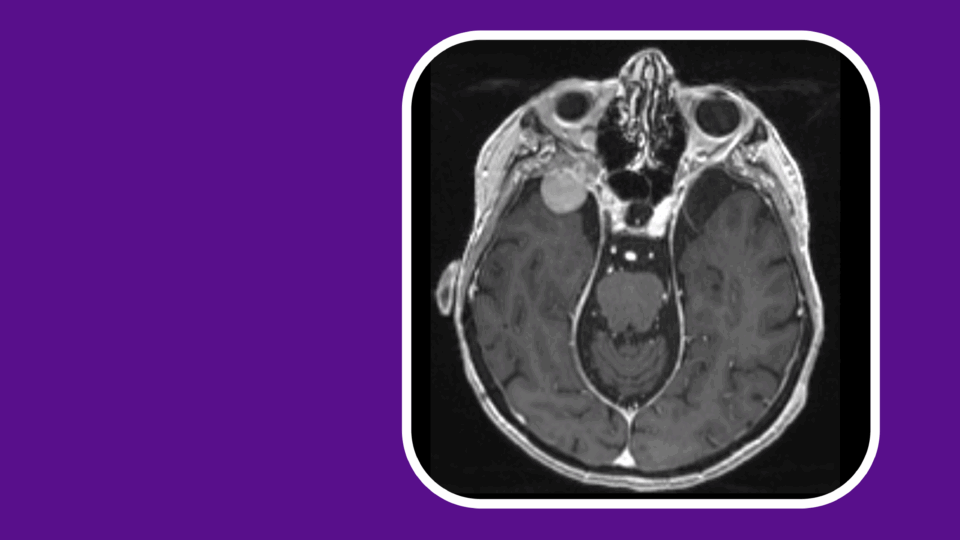In metastatic brain cancer, new mutations can arise spontaneously or in response to interventions, confounding researchers’ ability to track how the cancer is spreading and evolving genetically, molecularly, and clinically.
“Almost all tumors respond to treatment, but there’s a lot of variability in how they change,” says NYU Langone Health neurosurgeon Douglas Kondziolka, MD. To better understand metastatic brain cancer and how it evolves, Dr. Kondziolka has teamed up with fellow neurosurgeon Eric K. Oermann, MD, to use artificial intelligence (AI) to create the world’s largest public database of brain tumor images.
Their project, called NYUMets for “NYU metastases,” is creating a new suite of AI tools to help clinical researchers mine the images for relevant data, map disease progression in real time, and assess how individual cancers are responding to treatment. “For the first time, scientists anywhere will be able to apply computational tools developed from this database for clinical purposes,” Dr. Oermann says.
“We are contributing to the public good by essentially giving out free information for the world to use for research.”
Douglas Kondziolka, MD
The collaborators focused on metastatic brain cancer for two main reasons: The disease is hard to treat with standard drugs, radiation techniques, and surgery, and researchers have an unmet need for sufficient data and tools to study it in its full complexity. Over the roughly two-year span that patients receive treatment, they undergo an average of nine scans.
“We’re combining the imaging with the clinical outcome data, and then researchers can use it to build their own analytics and test them,” Dr. Kondziolka says. “We are contributing to the public good by essentially giving out free information for the world to use for research.”
A Powerful Image Repository
The project, officially launched last fall, began a decade ago when Dr. Kondziolka started cataloging the brain scans, treatment plans, and clinical data from patients treated at NYU Langone’s Center for Advanced Radiosurgery. The repository has since grown to include more than 20,000 image sequences, drawn from 8,003 MRI studies of 1,429 patients.
Layering on the AI tools will transform the image catalog into a powerful research tool for neurosurgeons and brain cancer researchers alike.
“We do our best to assess how tumors grow or shrink over time,” Dr. Kondziolka says. “But we’re left to wonder: Did the tumor shrink by 17 percent or 75 percent? Did drug X make it shrink more than drug Y? Was radiation more effective than drug X? None of these things are very clear.”
The project pairs his expertise in brain cancer and metastases with Dr. Oermann’s extensive background in AI to capture the cancer dynamics in a more comprehensive way.
“I saw this amazing opportunity to take the work that Dr. Kondziolka has been doing, tie it into multiple other resources at NYU, de-identify it, and then use that to empower… research communities to make advances in how we study brain cancer and brain metastases.”
Eric K. Oermann, MD
“Dr. Kondziolka has the largest registry of brain metastases in the world that he’s been painstakingly curating for years,” Dr. Oermann says. “As a computational scientist, I saw this amazing opportunity to take the work that he’s been doing, tie it into multiple other resources at NYU, de-identify it, and then use that to empower the AI and clinical research communities to make advances in how we study brain cancer and brain metastases.”
Promising Collaborations
The sheer size of the NYUMets database may help researchers overcome the traditional limitations of evidence-based clinical trials, which can be constrained by a smaller size of participants or skewed composition of patient samples.
So far, the highly collaborative database has harnessed the combined resources of NYU Langone’s Departments of Neurosurgery, Radiology, and Radiation Oncology and Perlmutter Cancer Center; the NYU Center for Data Science; and the Center for Advanced Imaging Innovation and Research. The project has received additional support from nVidia Inc. and Amazon Web Services.
The added power of AI tools has allowed Dr. Kondziolka and Dr. Oermann to launch new collaborations as well, such as a joint project with research scientist and machine learning expert Katherine Link to develop an algorithm for detecting small brain tumors.
“We need to fundamentally rethink how we approach cancer analytics if we are to better understand and ultimately treat it,” Dr. Oermann says. “Our goal is to encourage computational scientists to start thinking about cancer the way clinicians do—not as an independent entity, but as a disease someone lives with over time.”







